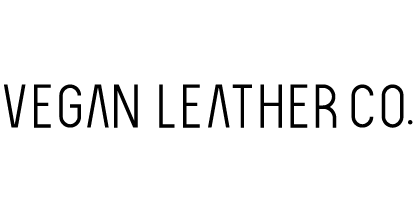Our mission here at Vegan Leather Co. is to empower vegans to plant seeds of change. We believe one way to do this is to educate each other so we're confident when having conversations about veganism.
Personally I can have a chat with Carni's (Carnists) about being Vegan for the animals.
I can calmly explain to them about the cruelty that goes into a cheeseburger.
With ease I can explain the detrimental effects animal agriculture has on our environment.
Yet when it comes to nutrition I feel disempowered, backed into a corner and start scanning for the nearest exit.
A few months back with sheer luck and a nudge by the vegan gods in comes Vegan Nutritionist Amy Leahy, . We had a great chat with Amy answering my nutrition questions that I've never had the opportunity to ask a professional before. She translated science into a language that I could absorb. Amy has enthusiastically & humbly answered my questions again so that I can share them with you. Our hope is that you absorb these nuggets of wisdom and serve them at your next family get together ;)
A common conversation I've had with carni's will usually go like this:
Carni: Vegans can't get protein.
Me: Plants have protein. I've been vegan for 10 years and haven't met a vegan who has suffered from protein deficiency.
Carni: Yeah, but umm you can only get complete proteins from eating meat.
Me: There are plenty of outstanding athletes on a plant-based diet. Ummm just watch Game Changers.
I've lost many opportunities to help people question their belief that meat is necessary and essential.
Obviously I need Amy Leahy to save my ass. Here we go...

1 comment
Thank you! These are some hot tips I’ll keep in mind for my next encounter lol